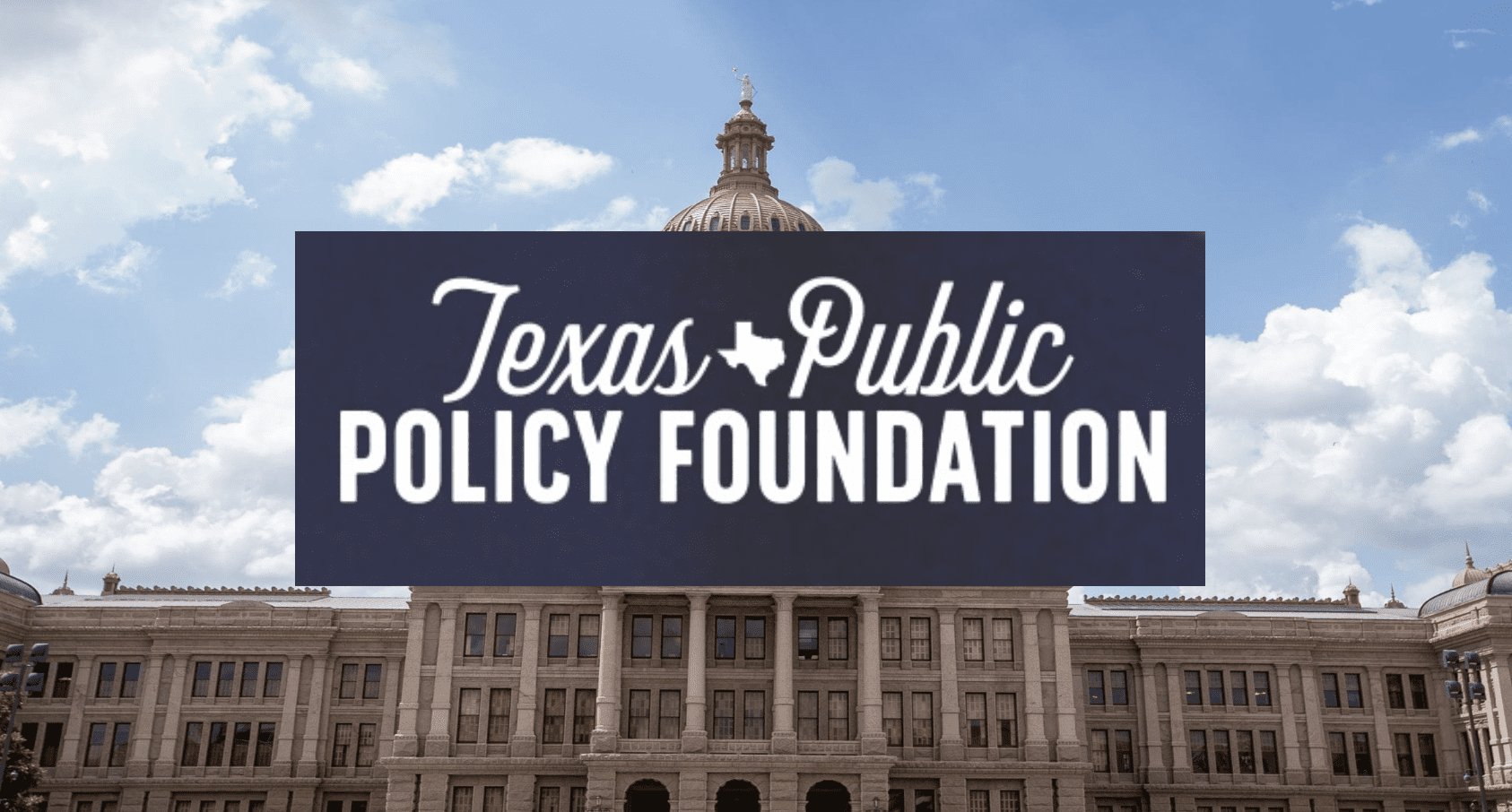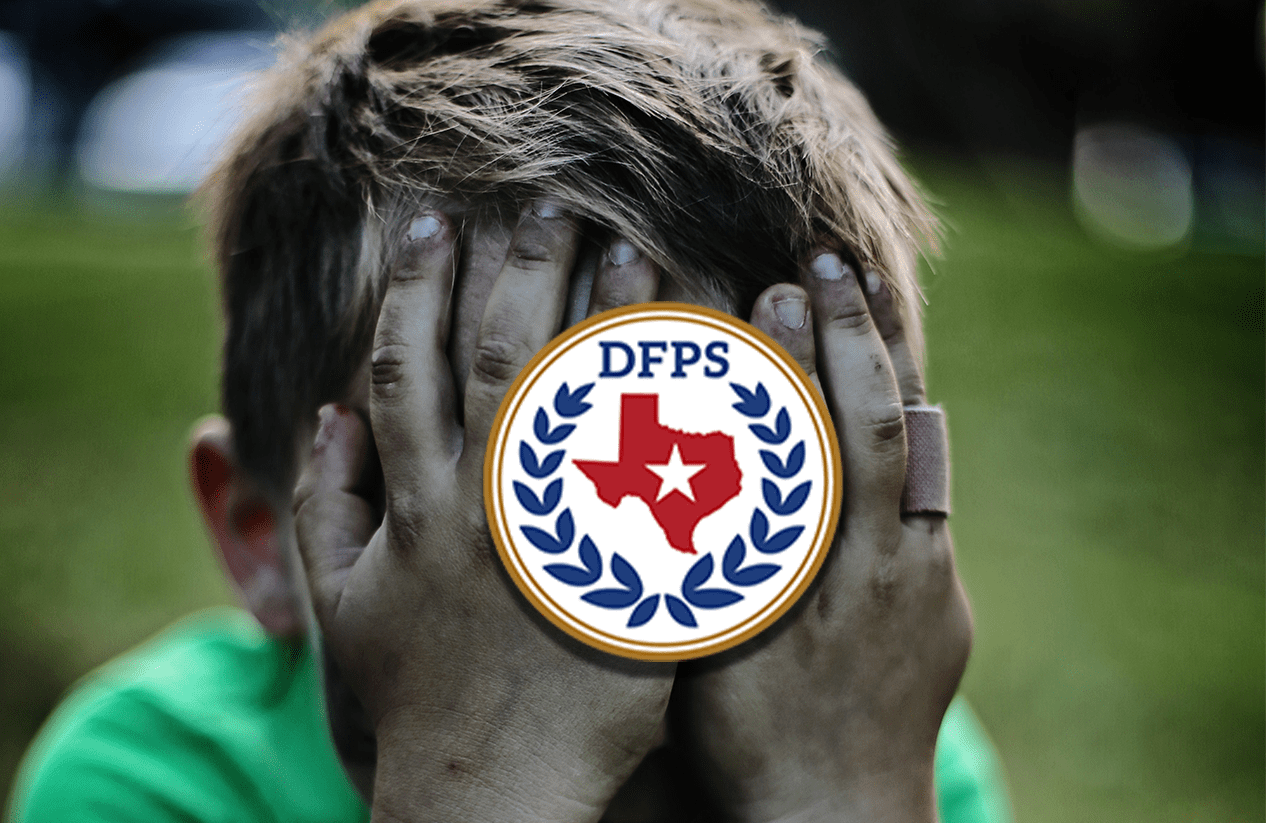Three major items have now been heard in the Texas Senate, and three times lawmakers have unanimously bucked taxpayers and voted for bigger government. The latest example is Wednesday’s action approving a $6 billion supplemental budget.
Senate Bill 500 by State Sen. Jane Nelson (R–Flower Mound) spends $6 billion of state dollars to cover additional expenses since the legislature passed its biennial budget in 2017, a normal and expected part of the budget process, as bills for unexpected expenditures and Medicaid shortfalls need to be patched.
The Senate’s supplemental budget, however, spends $4.3 billion from the state’s Economic Stabilization Fund, commonly referred to as the “rainy day fund.” The prevailing rule for conservatives has been that this money should not be used for ongoing expenses, as doing so has the potential to both drain the account and create a pattern of unsustainable state spending.
While much of SB 500’s spending focused on one-time expenditures, such as those relating to Hurricane Harvey, it also allocates substantial resources to ongoing expenditures, such as $300 million for state hospitals; $542 million for pension liabilities in the Teacher Retirement System; and $211 million in obligations to the Texas Tomorrow Fund.
Additionally, the sheer amount of the spending, even with Harvey-related expenditures exempted, places the Senate outside of the Conservative Texas Budget Coalition’s framework, resulting in the Texas Public Policy Foundation’s recommendation that lawmakers vote against the fiscally irresponsible legislation.
But when the bill was brought up, only State Sen. Bob Hall (R–Edgewood) voiced any concern about the spending trajectory, telling Nelson that during a time when the state is working on reform to end the excessive growth of local government spending, the body may not be “practicing what they preach.”
That line of inquiry resulted in admissions that many of the expenditures were not one-time or unforeseen, but rather items lawmakers have known were on the horizon—and had refused to address. It also kicked off a half-hour session where lawmakers took turns using Hurricane Harvey to justify blowing the budget caps they’d previously lived under.
As mentioned previously, even with Harvey-related spending exempted, lawmakers are still in excess of the limits proposed by the Conservative Texas Budget and thus growing the size of government.
And it’s that spending spree that every member of the Texas Senate—including Bob Hall—voted in favor of passing to the Texas House unanimously.
The vote is disturbing enough on its own, but the even more concerning issue is how it appears par for the course so far in the new Texas Senate.
Since convening in January, every bill has passed the Senate unanimously, including legislation to spend $4 billion on an across-the-board pay increase for teachers as well as the state spending $100 million to create the “Texas Mental Health Care Consortium.”
Meanwhile, conservative priorities—such as property tax reform and relief, as well as legislation to rein in overbearing local governments—seem to be stalled in negotiations.





